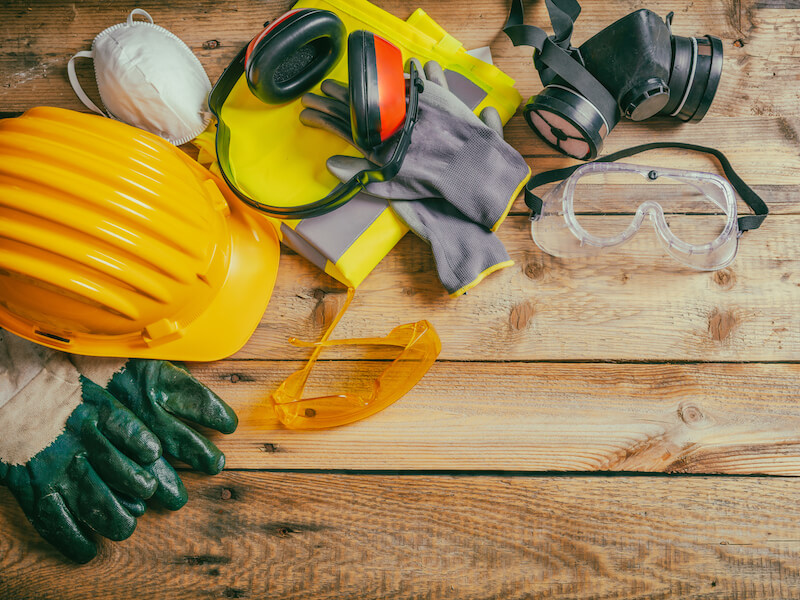
Each year, about 2 million workplace injuries are reported. When you think of on-the-job injuries, you may think of flying projectiles or a hand pulled into a piece of machinery at a factory.
But there is a much more pernicious on-the-job injury that is even more prevalent and often undetected. It sneaks up on people very gradually over the course of several years. The injury goes undetected until the symptoms become impossible to overlook. People often make excuses. “It’s only temporary” or “I’m just getting older. This response is common.
And it’s unusual for people to even acknowledge that their workplace is the cause of this injury.
Damaged hearing is this insidious injury. There are numerous warning signs you should identify, and there are essential steps you need to take if you suspect the damage is already done.
Exactly When Does The Volume Become “Too Loud”?
Your hearing can be permanently damaged with sustained exposure to as little as 85 decibels (dB) over a long period. Seventy-five dB, for example, is the average volume of a vacuum. A lawnmower generates 85 dB. If you’re exposed to a leaf blower or a chainsaw you’re dealing with 100 dB. And the volume of a gunshot comes in at 140 dB.
How noisy is your workplace? Is the most common workplace injury a problem for you? If you’re frequently exposed to something as loud as a lawnmower, even if it’s not continuous, your hearing is likely to become damaged over time.
Symptoms of Hearing Injury
You’re absolutely damaging your hearing if you work in a loud environment without hearing protection.
Your experiencing hearing loss if you notice any of the following signs:
- Your family and friends tell you your television, radio, or computer tablet volume is too loud.
- You regularly ask people to repeat what they said.
- You confuse consonants – “Todd” sounds like “Dodd,” for example.
- You can’t understand the person speaking if there’s background sound.
- You hear ringing, whistling, or hissing when it should be quiet.
- Loud sounds cause pain in your ears.
- Conversations sound muffled.
- You think people speaking to you are constantly mumbling.
- You tend to withdraw when people are talking.
What Are Employers Doing to Decrease Hearing Damage?
In settings that are very loud, technology is being used by businesses or organizations to reduce workplace noise. Workplace noise will be reduced as new guidelines are being put in place by governments to safeguard workers.
As more employees become aware of the chronic damage they have suffered due to workplace noise, they are speaking out. Further change will come as their voices are heard.
Preventing Additional Damage
Protecting your ears before they are damaged is the best plan if you work in a loud environment. Potential damage will be reduced by using protective earplugs or earmuffs.
If you think your hearing has been damaged by a noisy workplace, make an appointment for a hearing exam as soon as you can. When you ascertain the degree of your hearing loss, you will find out how to counter further damage going forward. We can help you formulate strategies to protect against additional hearing loss and manage the damage you’ve already experienced.
